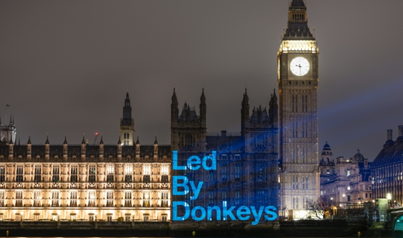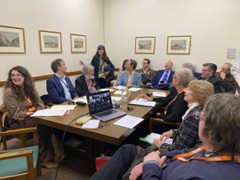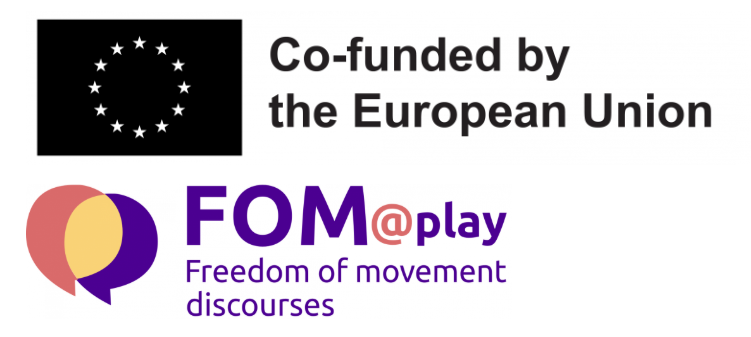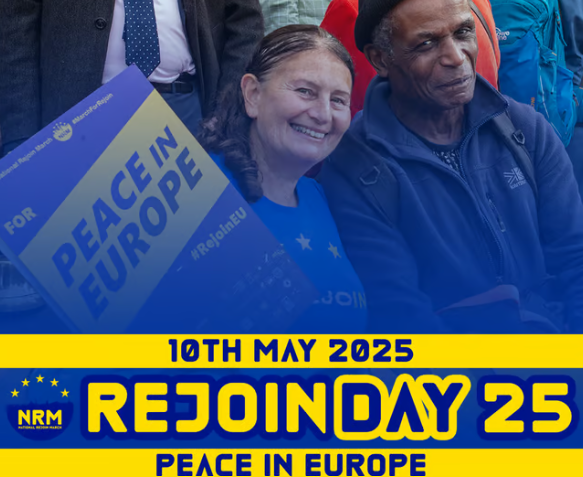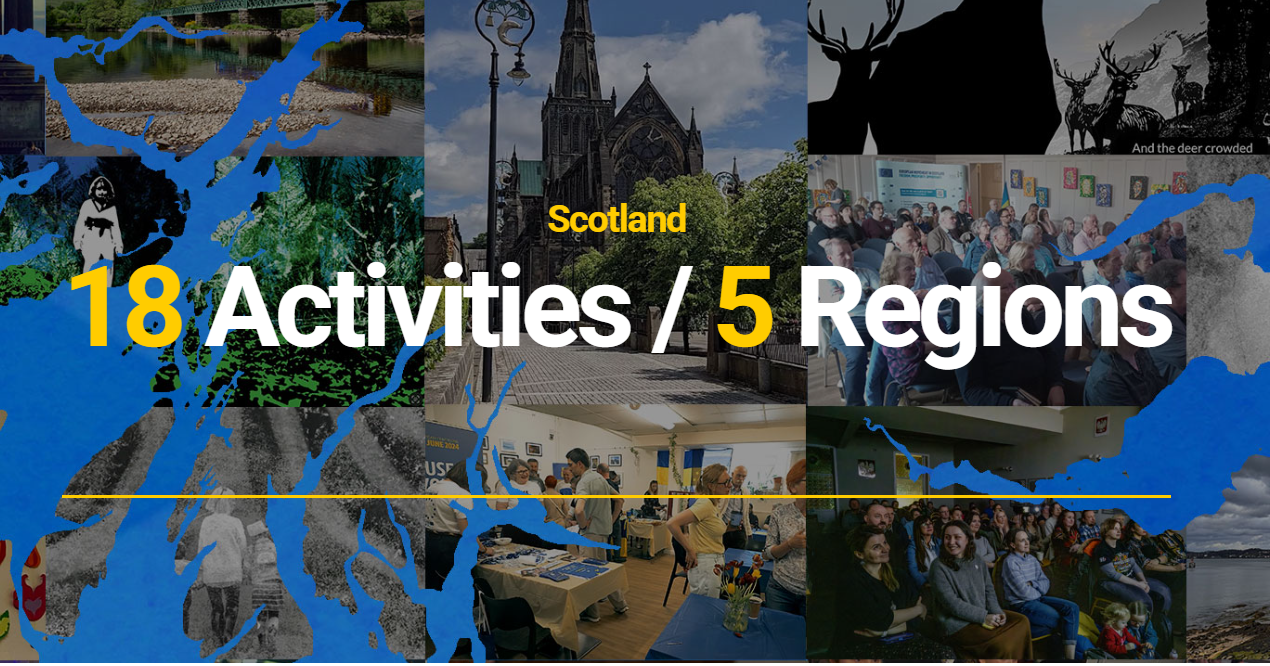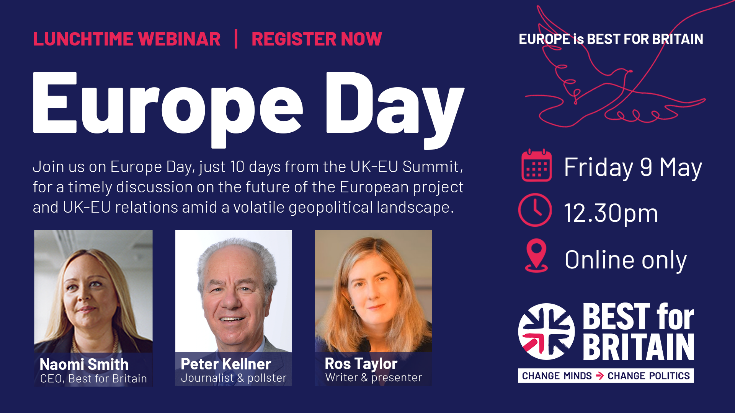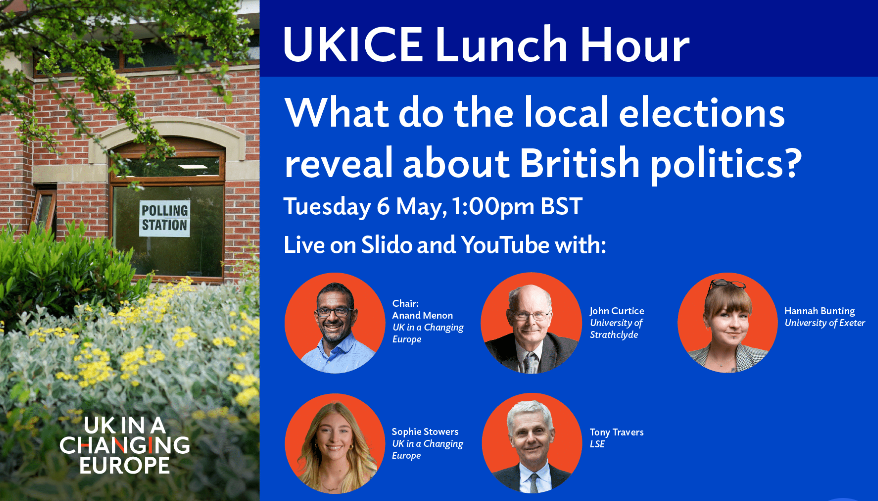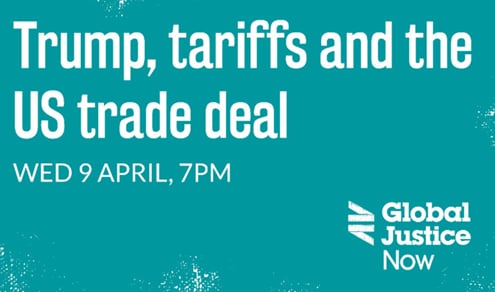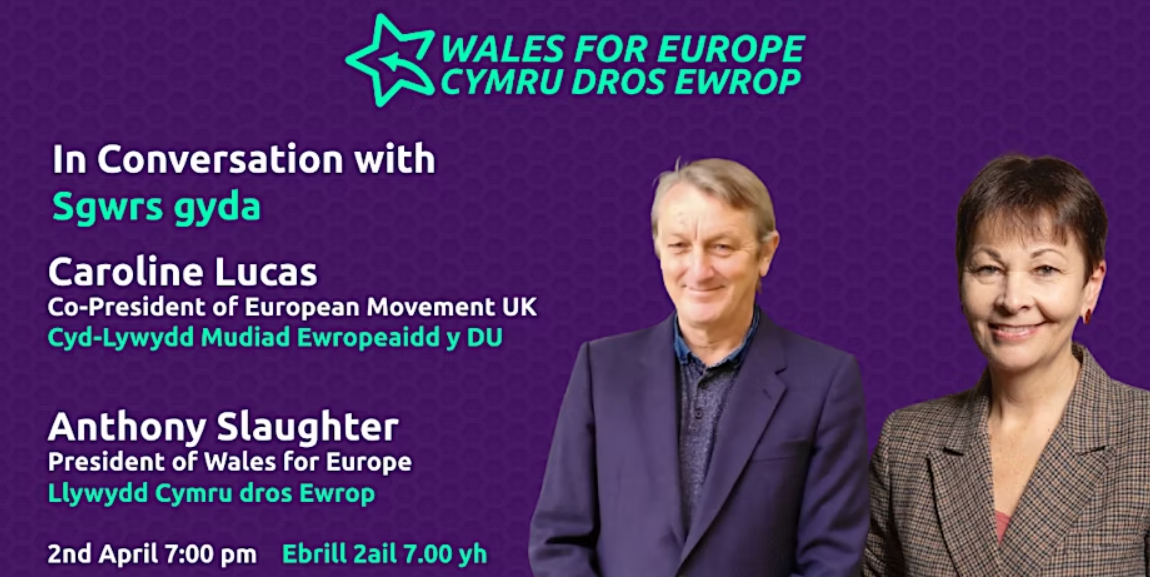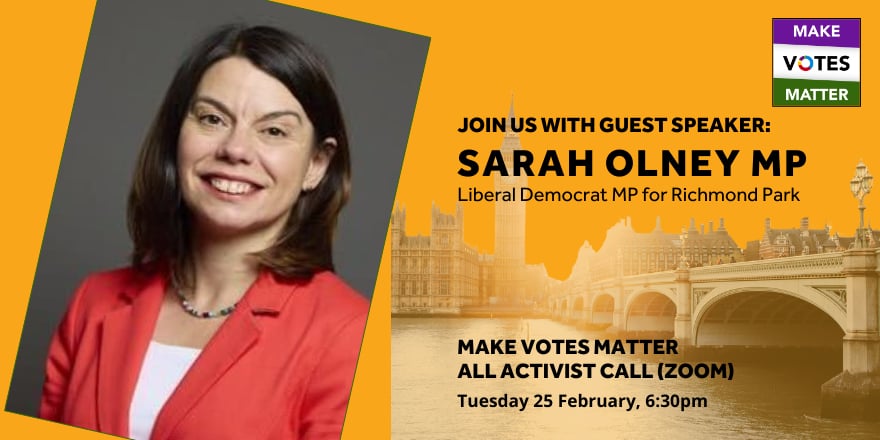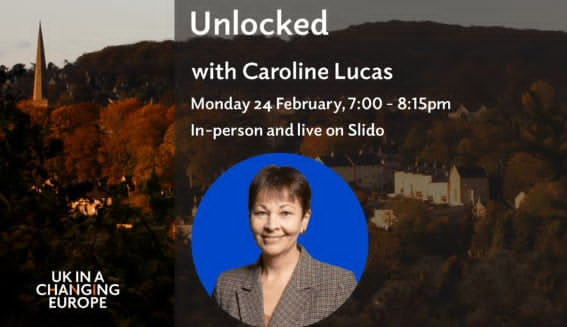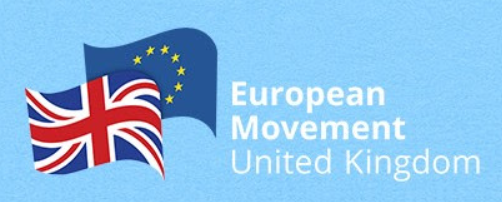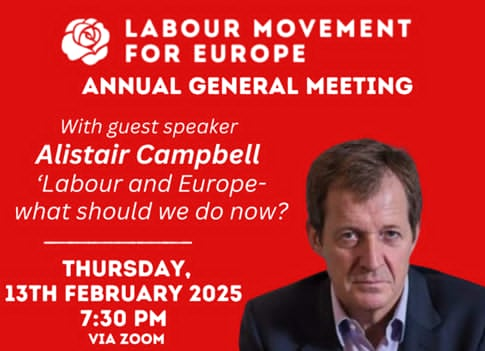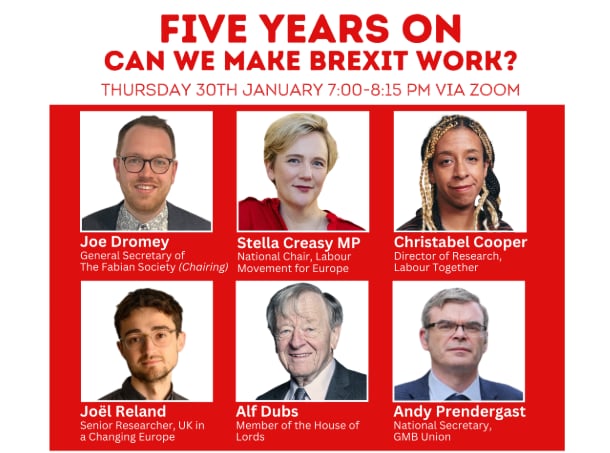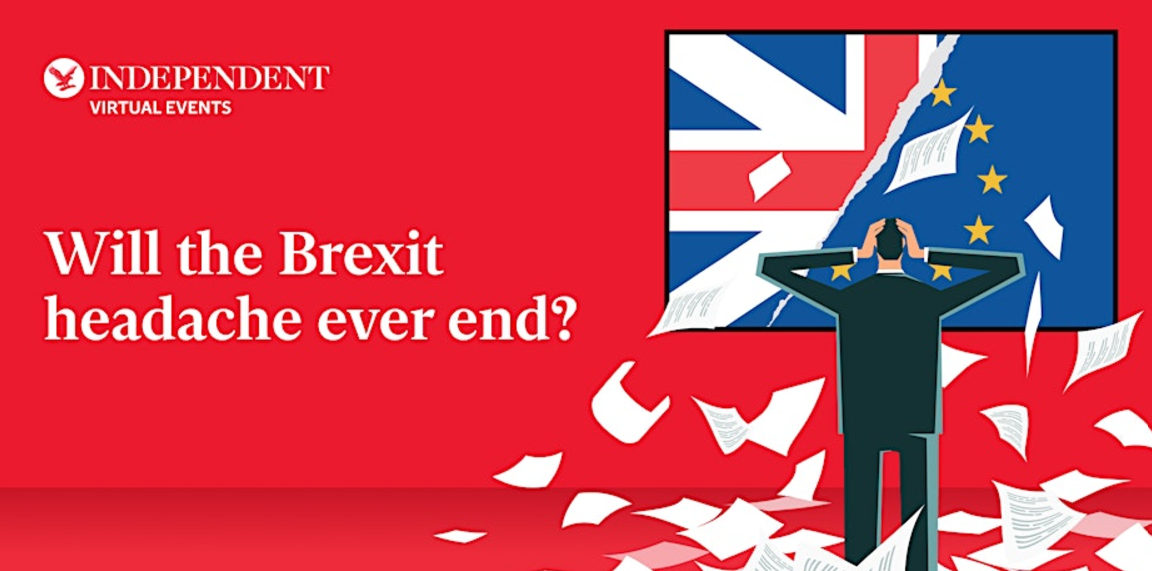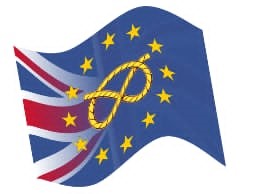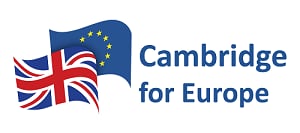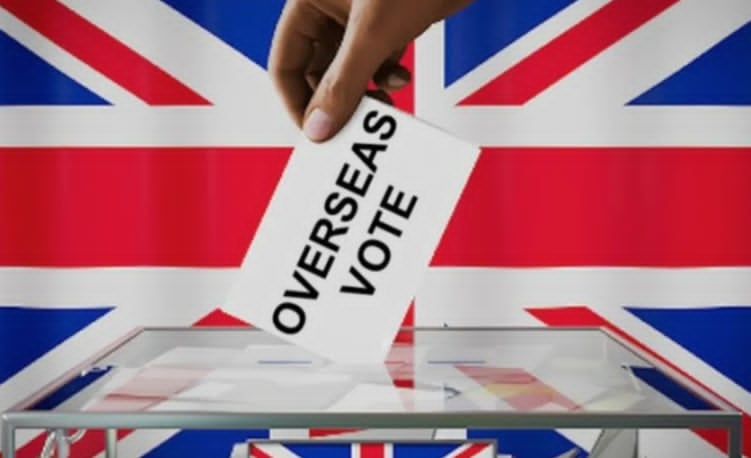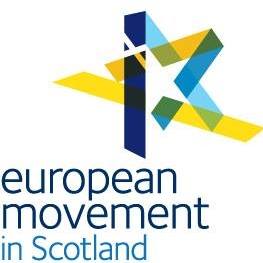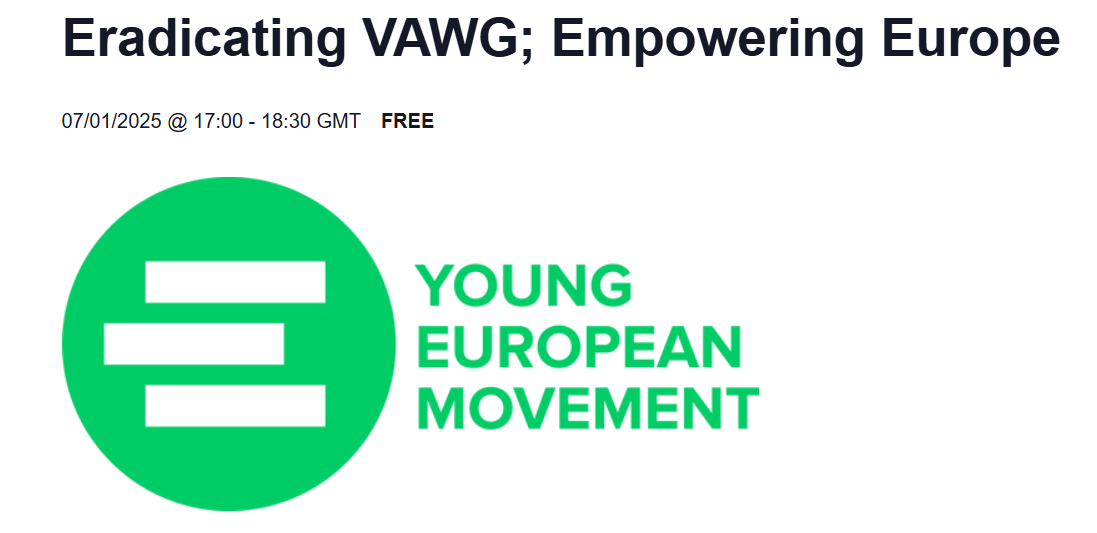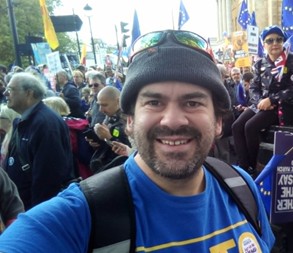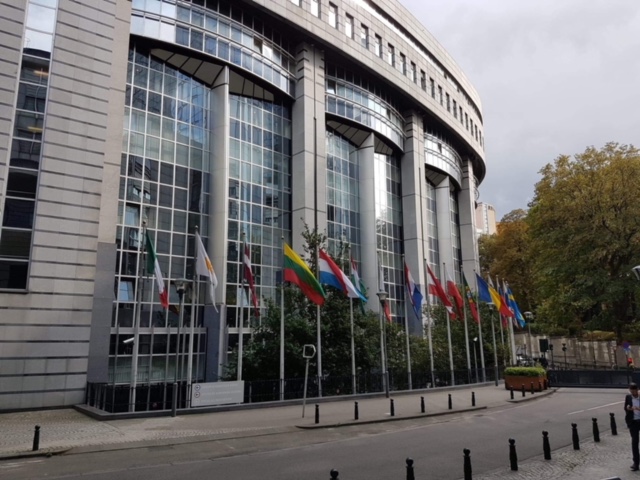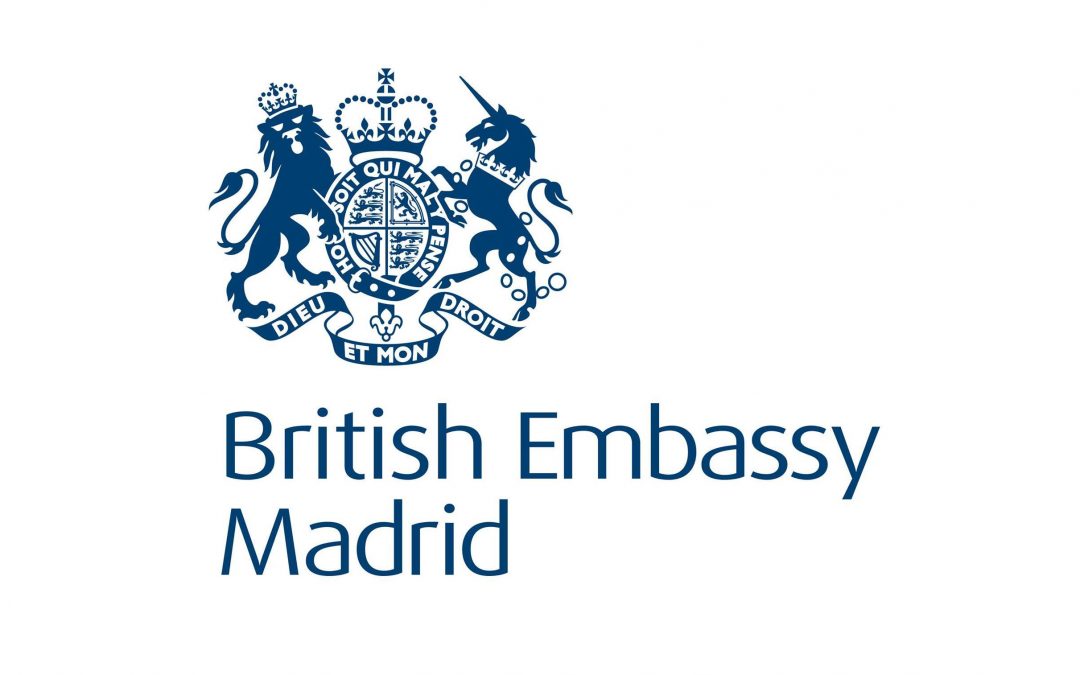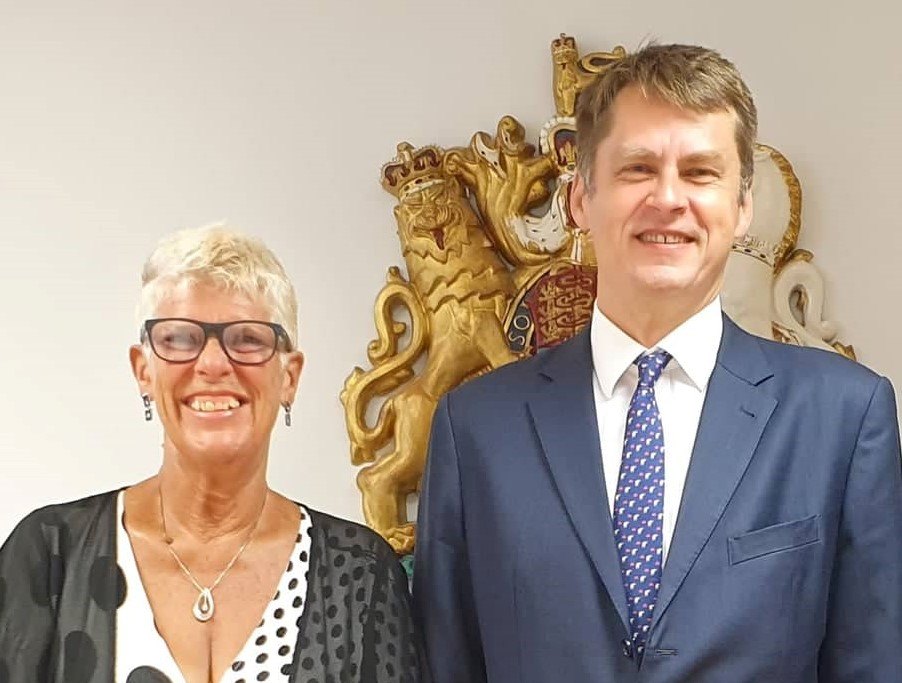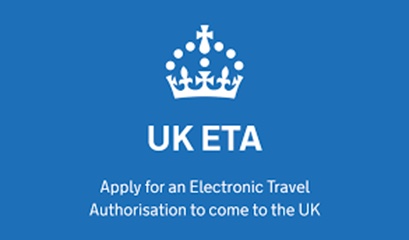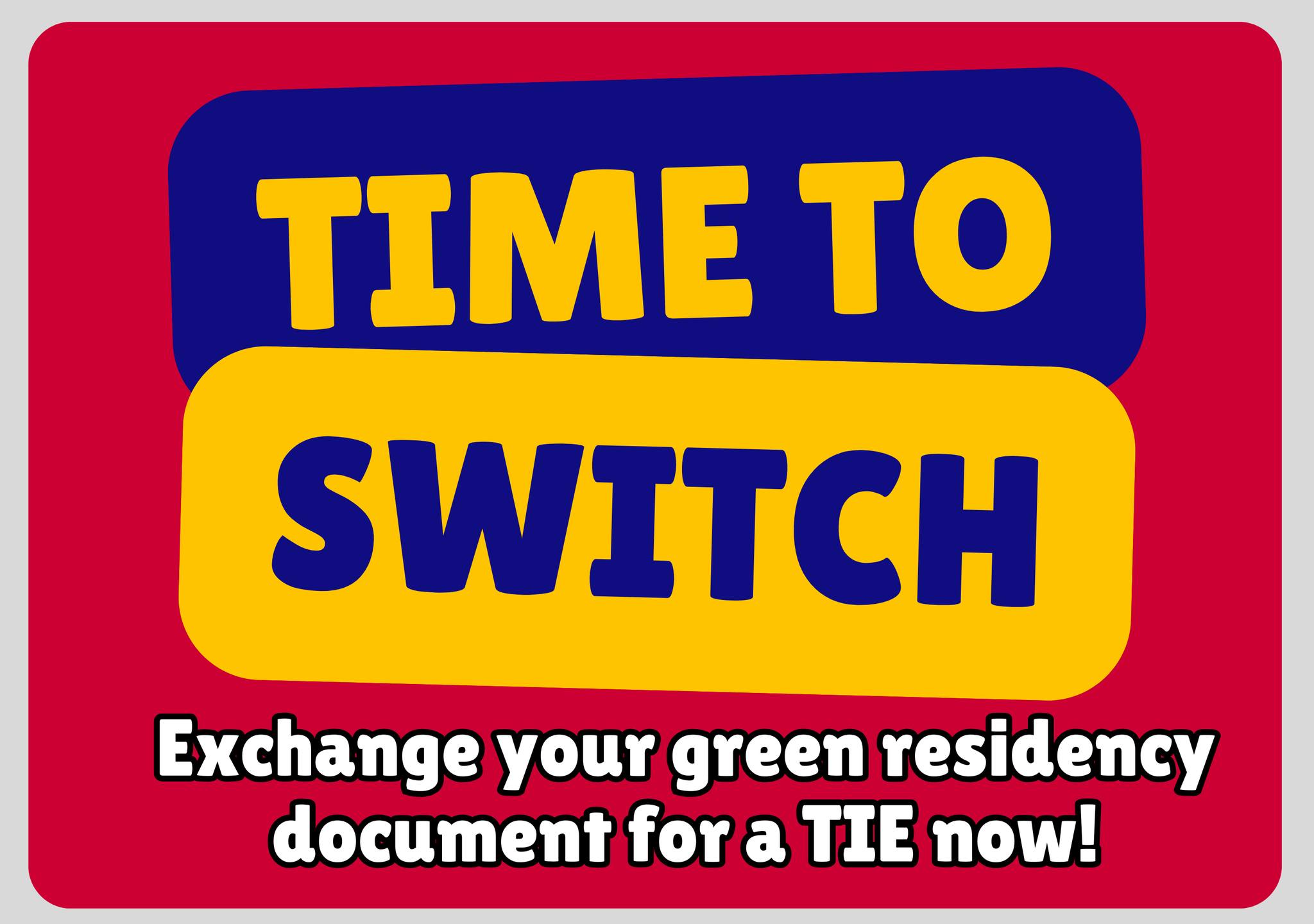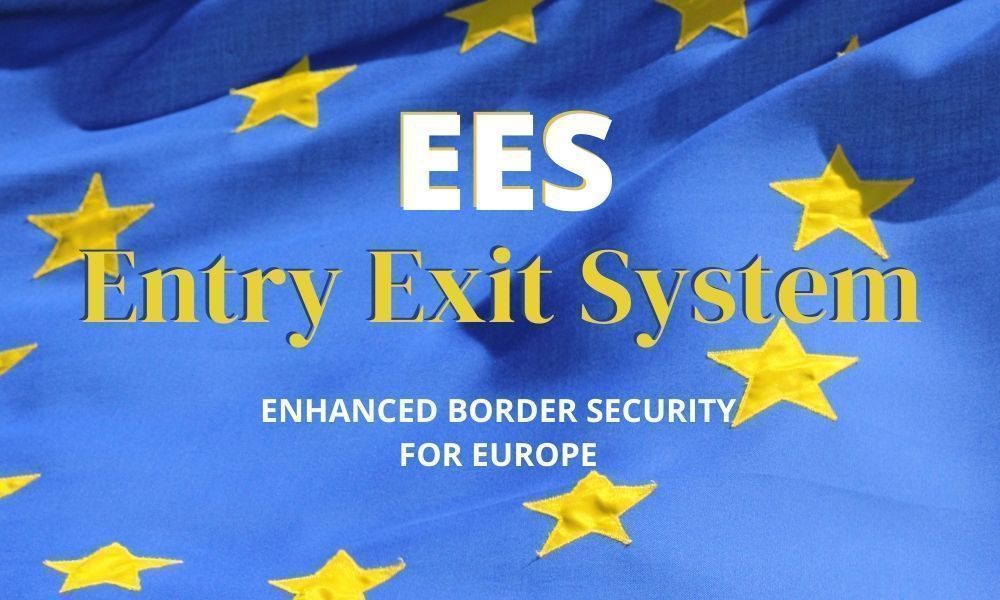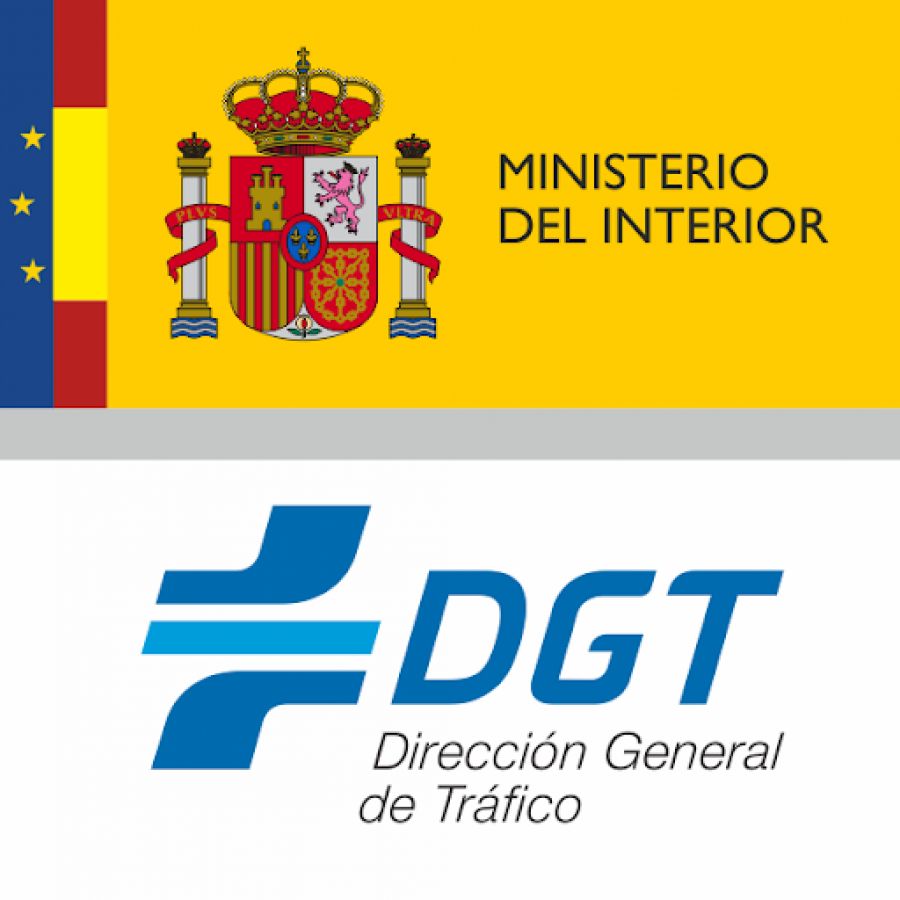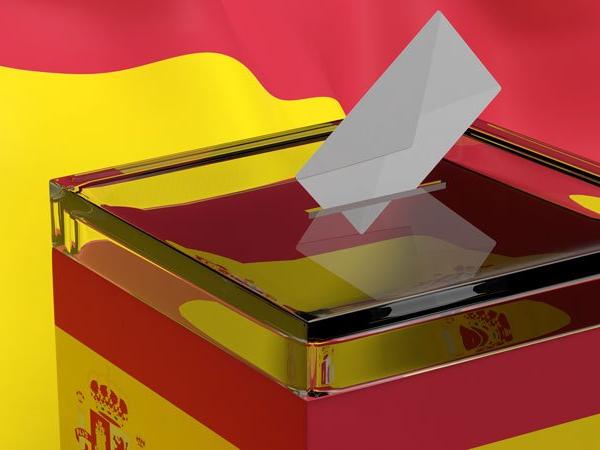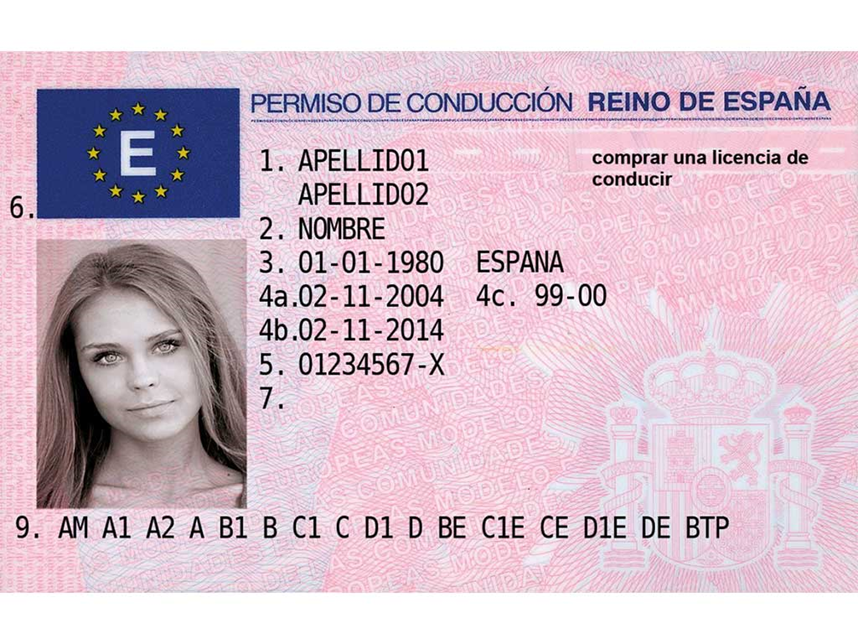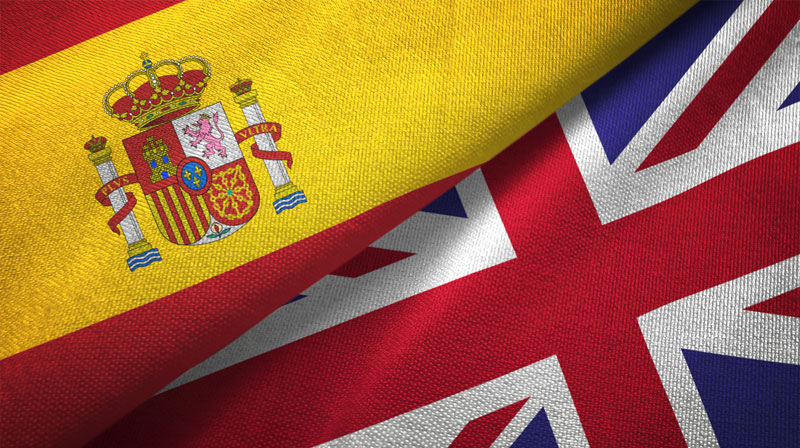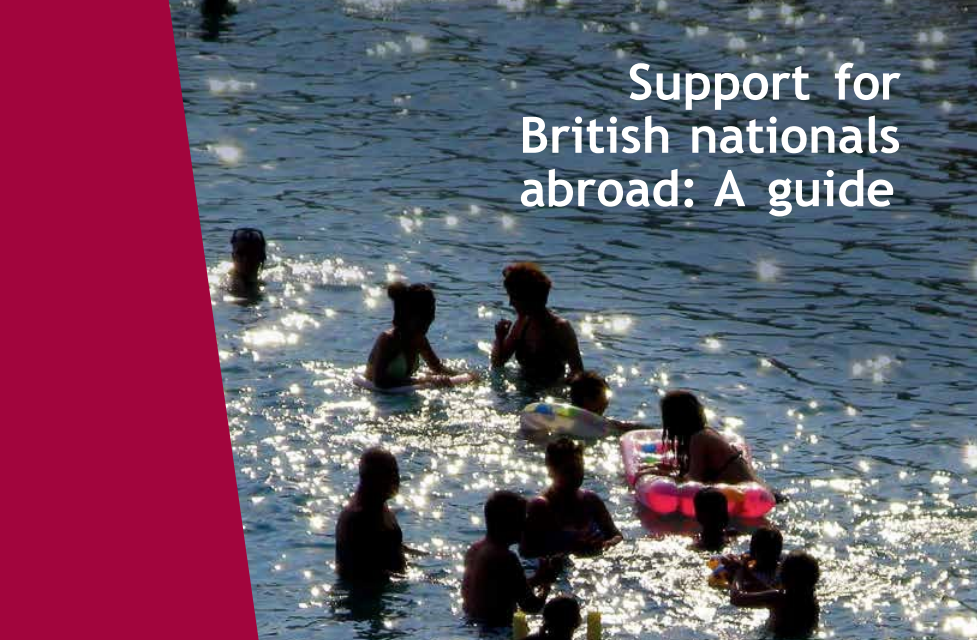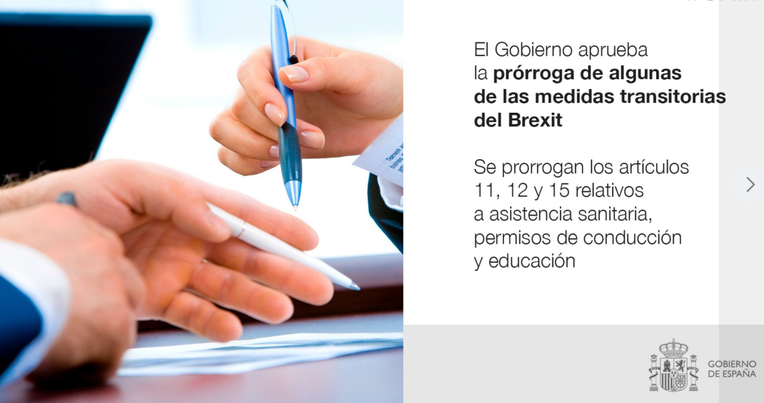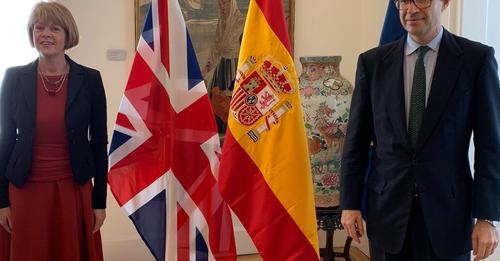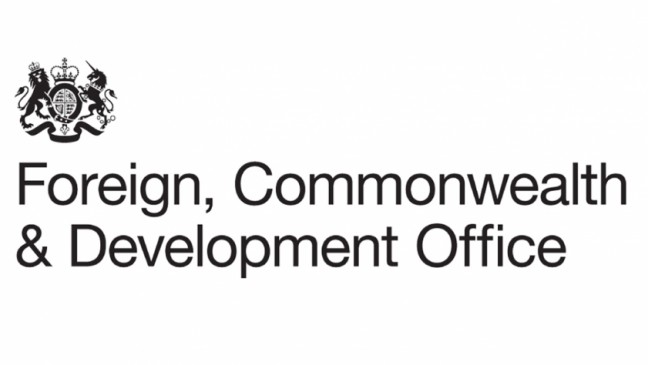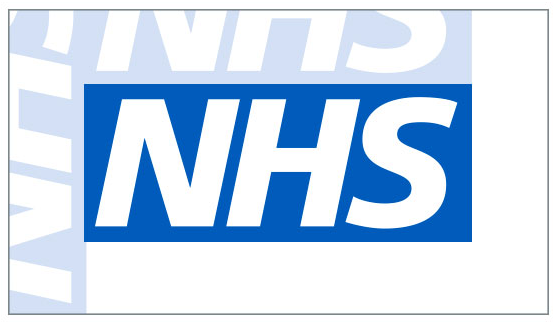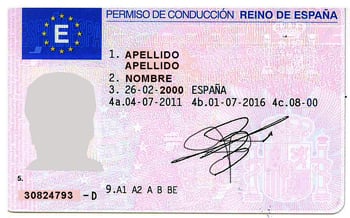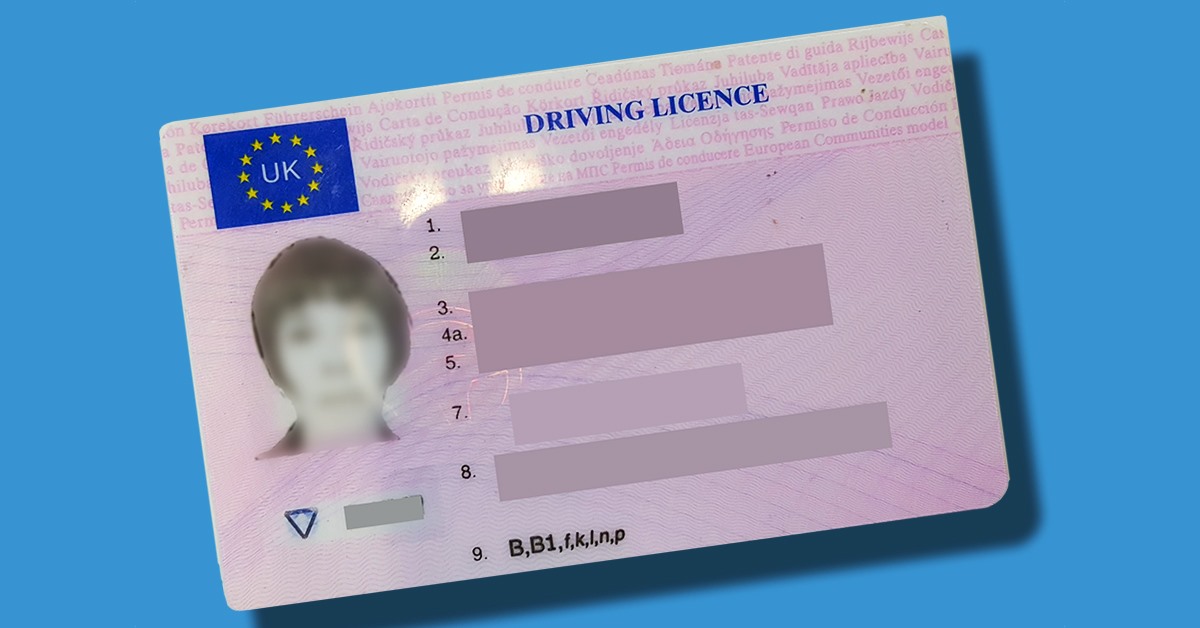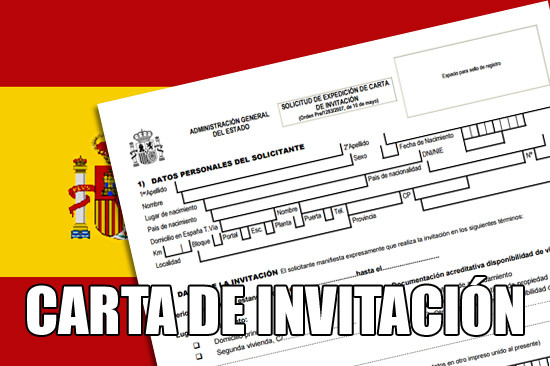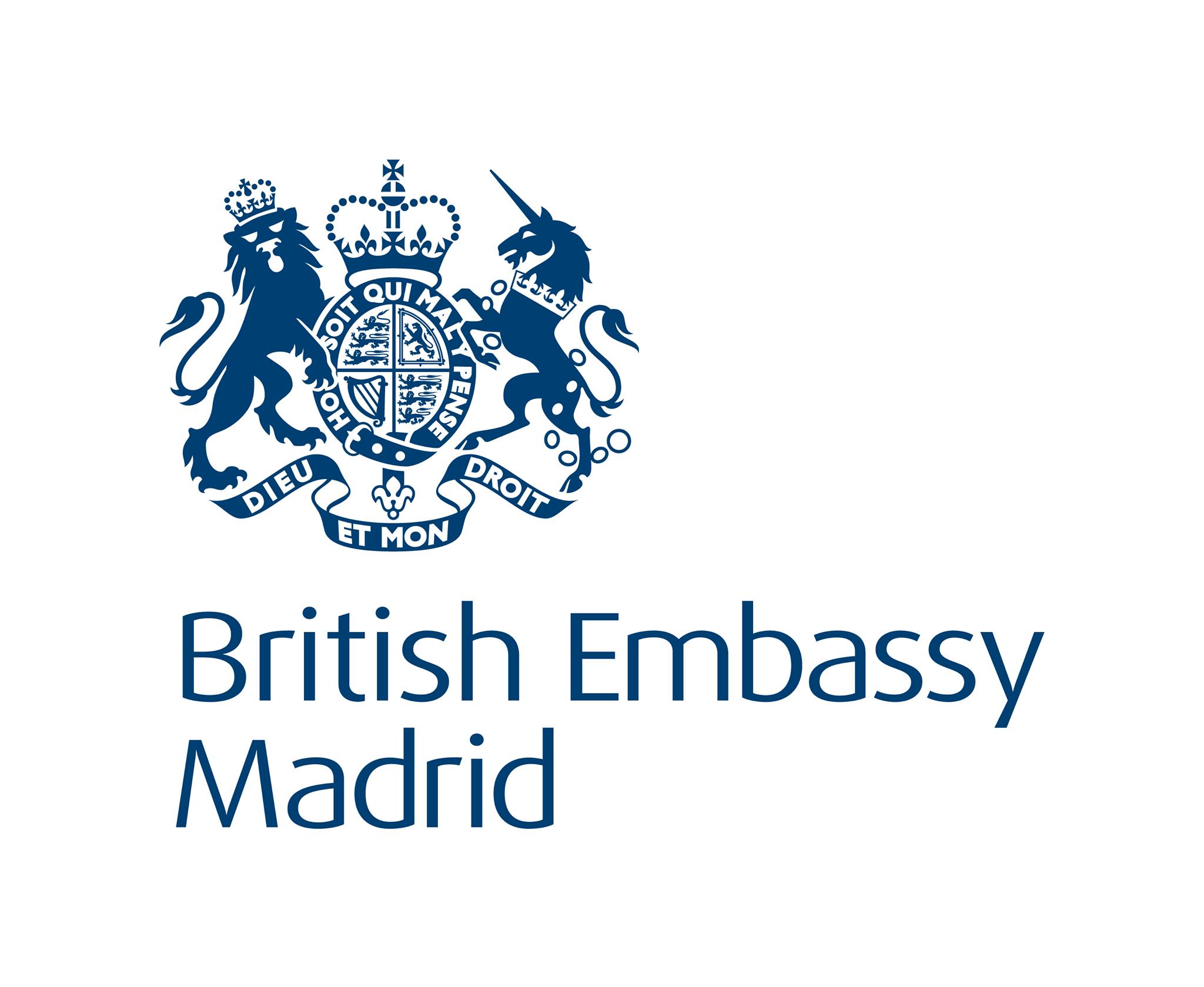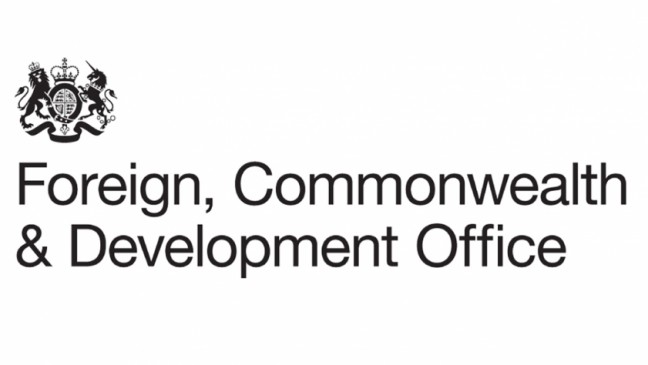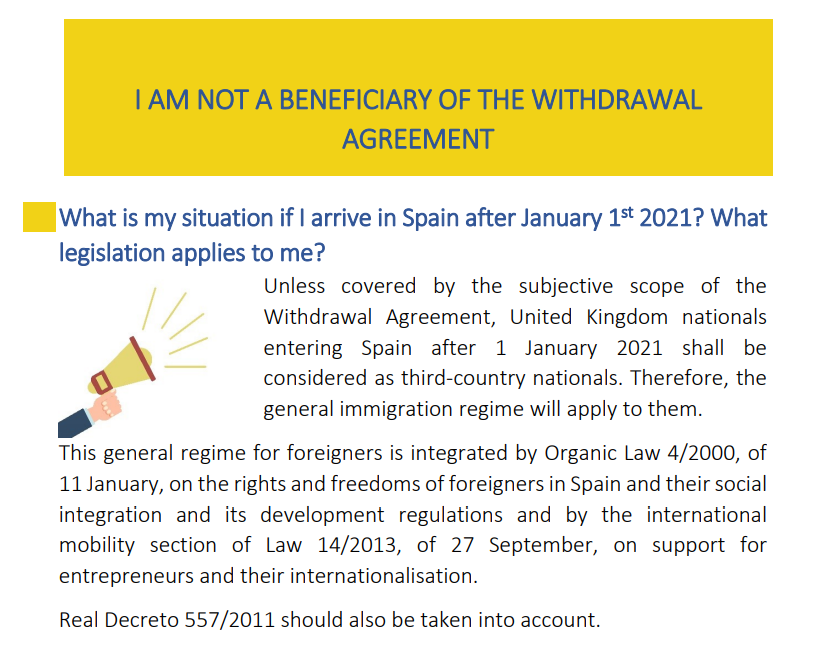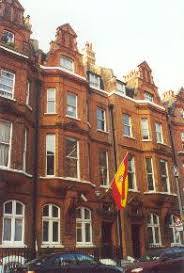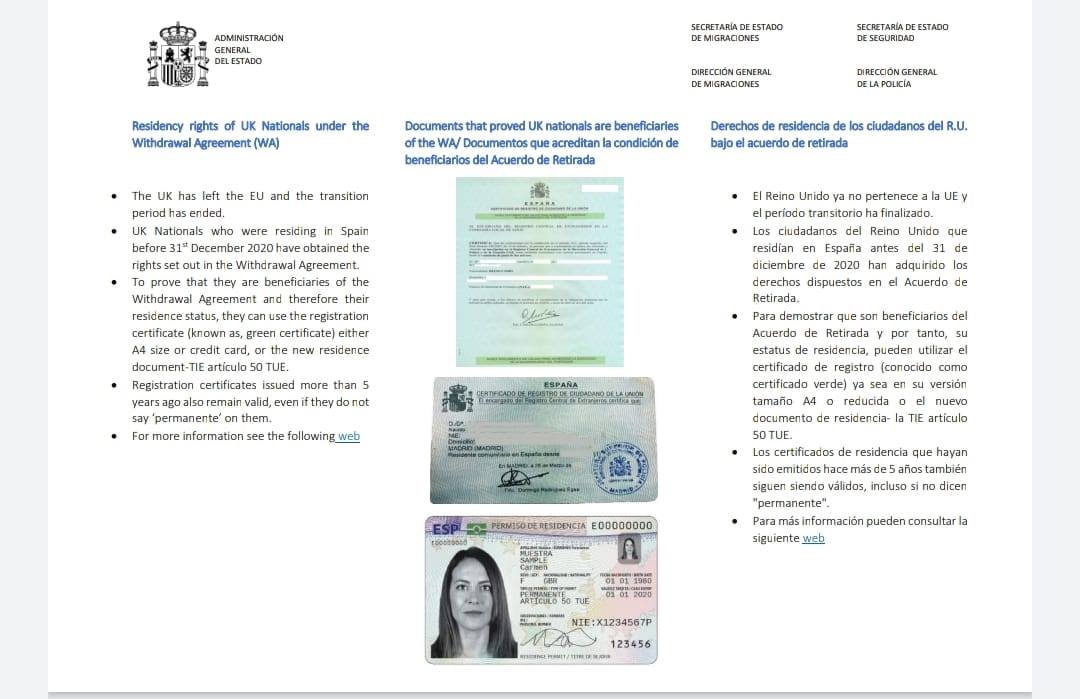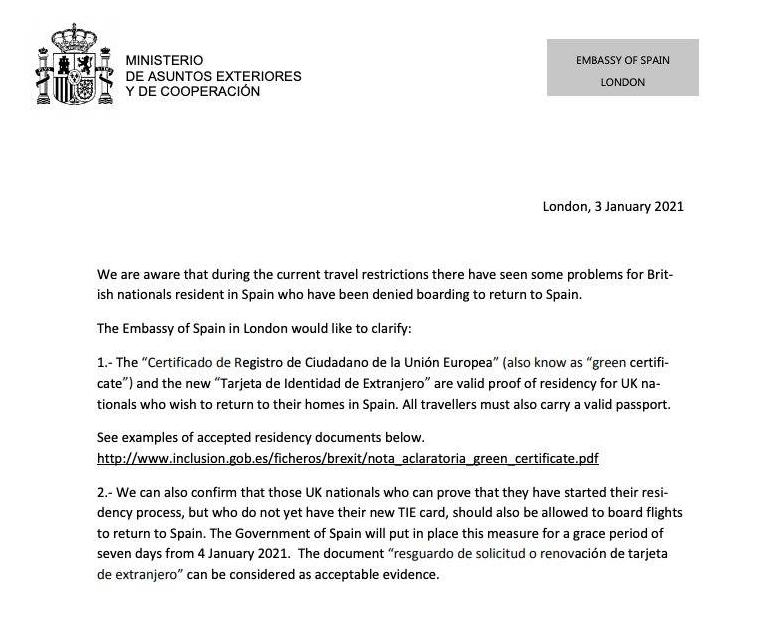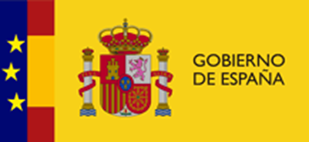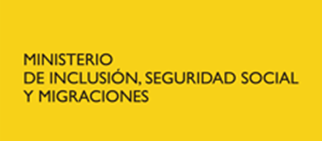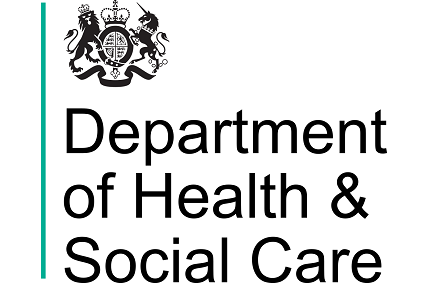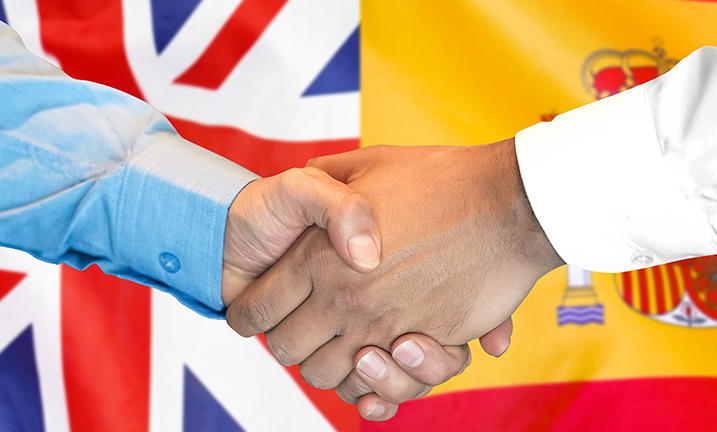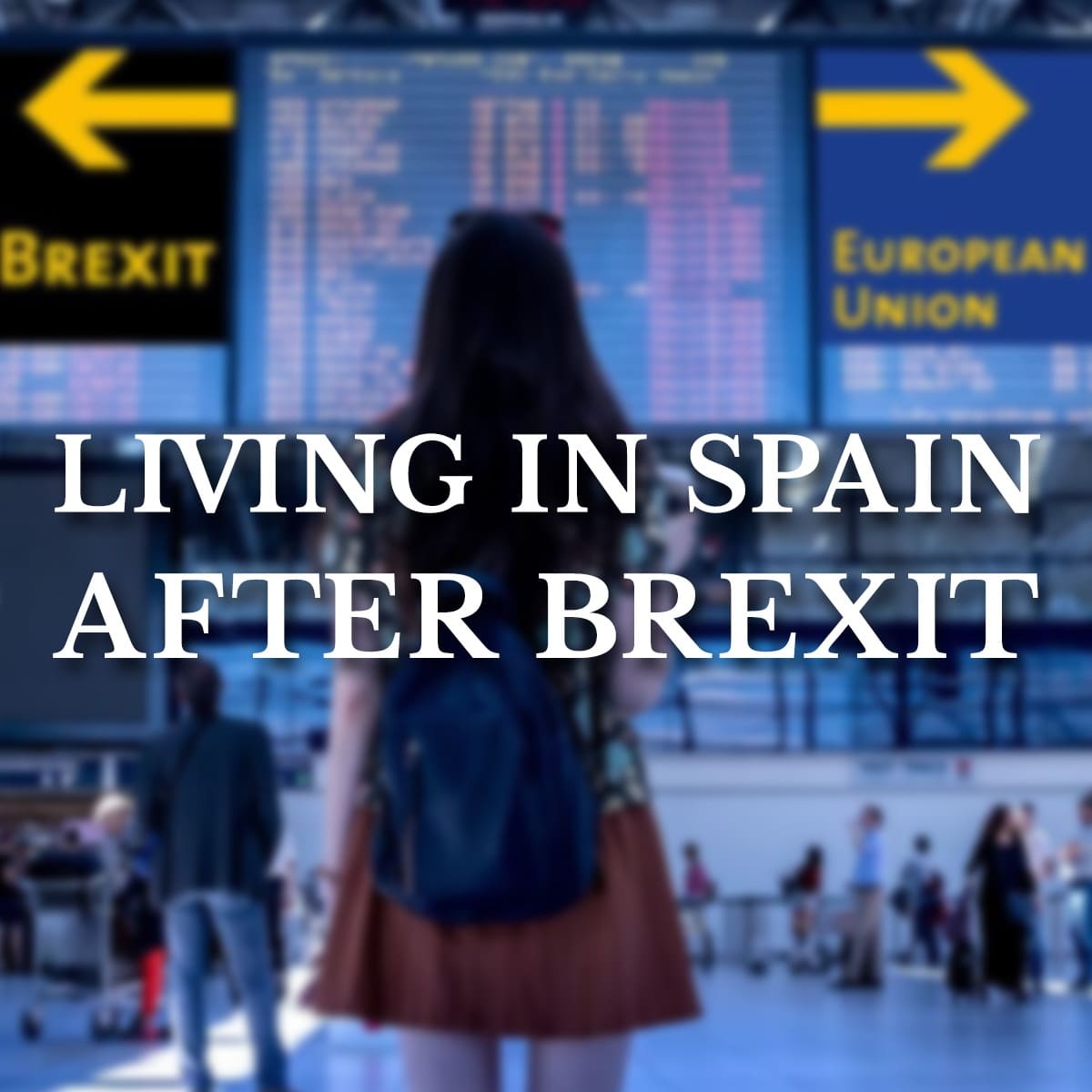
Events 2025
In person event – London – 12.00 – 16.00
New route, new rally, new energy.
More information available on NRM website
Walk through the new route from Temple tube station to Trafalgar Square here
Join the dedicated Bremain in Spain members march group here
8 July – Grassroots for Europe Round Table
Open webinar – 18.30 – 20.00 BST
Resisting the Trump Assault: will American democracy survive & what can we do to help?
Speaker: Alexander Hall Hall
Register to attend here
2 July – APPG on Citizens’ Rights
In person (HOC)/Online – 14.30 – 16.00 BST
The rights of EU citizens in the UK and Britons living abroad and the challenges facing Britons abroad in securing representation in the UK
Speakers: Manuela Perteghella MP, Elena Remigi, David Sapiro
To attend in person, email New Europeans
Register to attend by Zoom here
29 June – N. Herts for Europe
Online Zoom – 17.00 – 18.15 BST
Why Reform will win the next general election – and what that means for Brexit
Speaker: Nick Tyrone
Register to attend here
26 June – New European People’s Forum AGM
Online – 16.00 CET
Shaping Europe from the ground up.
Speaker: Xhabir Deralla, CIVIL – Center for Freedom
Register to attend here
24 June – Make Votes Matter
Online Zoom – 19.00 BST
Democracy in Crisis. Get organised!
Discussing the call for PR.
Speakers: Emma Harrison, Femi Oluwole
Register to attend here
4 June – In Limbo Roundtable event
Webinar – 11.30 – 12.45
How Brexit has affected the lives of citizens of UK in EU and EU in UK.
Speakers: Molly Scott Cato, Nicholas Hatton, Lisa Burton, Veronique Martin, Miles Martin, Elena Remigi
More information here
In person – 3 days of events UK
On 8th, 9th & 10th May, there will be a number of events across the UK celebrating VE Day, Europe Day & Rejoin Day.
More information available here
In person – 18 Events across 5 Regions
2nd annual Festival of Europe Scotland taking place annually around Europe Day to celebrate the values and benefits of peace, democracy and cooperation amongst Europe’s nations.
More information available here
Online – 12.30 BST
Join us on Europe Day, just 10 days before the UK/EU summit, for a timely discussion on UK/EU relations amid a volatile political landscape.
Speakers: Naomi Smith, Peter Kellner, Ros Taylor
Register to attend here
Online – 17.00 – 18.15 BST
Issues facing Brits in Spain & Europe post Brexit
Speaker: Lisa Burton, VC Bremain in Spain, EM UK board & council member
Register to attend here
Online – 19.00 – 20.15 – BST
Trump, Tariffs & the US trade deal: What are the consequences of imposing this oligarchs’ agenda on the world?
Speakers: Nick Dearden & Ruth Bergan
Register to attend here
Online via Zoom – 18.00 – 19.00 GMT
Equal Votes & Women in Politics: the impact of PR on increasing women’s representation in politics
Speakers: Dr. Kathryn Lum, Donna Dasko, Christina Olumeko
Register to attend here
Instead of opposing Reform’s immigration policy, Labour are copying it. Help the fight back to find a better alternative.
Register to attend here
Online via Zoom – 18.30 GMT
All activist meeting, as part of ongoing cross-party talks. Topics will include PR, current activities & upcoming plans.
Speaker: Sarah Olney MP
Register to attend here
In person/live on Slido – 19.00 – 20.15 GMT
Unlocked: the fight for social and climate justice and better politics
Speaker: Caroline Lucas
Further information here
Online – 18.30 – 19.30 GMT
After 5 years of Brexit, what lies ahead?
Speakers: Anand Menon, Alex Hall Hall, Mark Kieran, Ellie Chowns
Register to attend here
In person/online – 10.30 – 17.00 GMT
Grassroots conference: speeches, workshops. To attend in person, you must be an EM member or affiliate.
Speakers: Caroline Lucas, Emma Knaggs, Mark English, Joe Meighan
Register to attend here
Zoom Webinar – 19.00 – 20.15 GMT
Five years on, can we make Brexit work?
Speakers:
Joe Dromey, Stella Creasy, Christabel Cooper, Joel Reland, Alf Dubs, Andy Prendergast
Register to attend here
Online – 20.00 – 21.00 CET
Will the Brexit headache ever end?
Almost 8 years on & Brexit-related issues are as prominent & divisive as ever, & concerns abound about the damage being caused.
Speakers: Stella Creasy, Mark Francois, Clare Fox & Prof Anand Menon
Register to attend here
Online – 19.00 – 21.00 GMT
What does a Trump presidency mean for Europe?
Speakers: Alyn Smith, Lord Kerr
Register to attend here
Webinar – 19.30 CET
Is there any good news? The challenges we face & nurturing the seeds of hope.
Speaker: Alex Hall Hall
Register to attend here
In person/Online – 16.00 – 17.00 GMT
Organised by New Europeans and Unlock Democracy, the agenda will cover overseas constituencies & postal voting issues from EU.
Speakers: Tom Brake, Mike Tuffrey, Sue Wilson, Clarissa Killwick & Dr. Ruvi Ziegler
Further information here
To take part online, register here
Webinar – 18.30 GMT
Raising awareness of EMUK Erasmus+ Campaign & discussing planned action day on 25 January.
Register to attend here
Online – 17.00 – 18.15 GMT
More Chicanery with the Digital Immigration System in Brexit Britain.
Speaker: Cosi Doerfel-Hill (the3million)
Register to attend here (voluntary donation of £3)
7 January – Young European Movement
Online – 17.00 – 18.30 GMT
Eradicating violence against women & girls; Empowering Europe.
Speakers: Cecilia Jastrzembska, Dorothy Herson, Hannah Phillips, Sara Harris
Register to attend here


